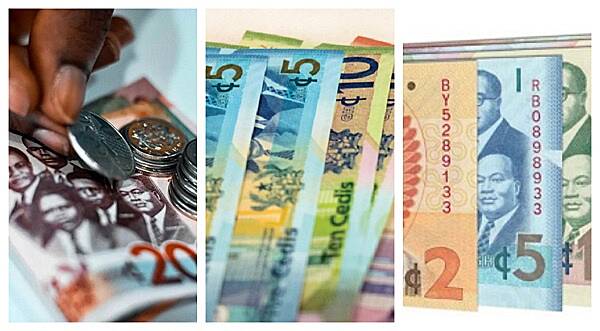Ghana has faced some headwinds in recent years due to its mounting debt burden, which included a notable Eurobond default.
However, according to the latest Fitch report, despite these challenges, the country is taking proactive measures to ensure a more stable and sustainable financial future.
In October, the Ministry of Finance made a significant announcement regarding the parameters for restructuring external debt, specifically the Eurobonds.
The plan involves implementing a nominal haircut ranging from 30% to 40%, ensuring that future coupon rates do not exceed 5%, and extending the maturities of these bonds for up to 20 years. Additionally, they are considering the use of value recovery instruments to improve debt sustainability.
This comprehensive approach to debt restructuring aims to alleviate the financial pressures that Ghana has been facing and is seen as a crucial step toward reaching a moderate risk of debt distress following the IMF/World Bank debt sustainability assessment by 2028.
Government is actively engaging with private creditors and other stakeholders to negotiate the terms of this restructuring, which is expected to proceed under the G20 Common Framework.
As part of the plan, Ghana seeks to restructure around USD20 billion of external debt, including official bilateral debt, export credit agencies-backed commercial loans, Eurobonds, and non-insured commercial loans.
In May 2023, the official creditor committee (OCC) provided financing assurances, which paved the way for continued negotiations with private creditors. Fitch Ratings anticipates that Ghana will reach an agreement with private creditors by mid-2024, following a successful agreement with the OCC.
The country is in the process of implementing a three-year Extended Credit Facility with the IMF, and it recently achieved a staff-level agreement on the first review of this program.
As a part of this agreement, Ghana has halted monetary financing of its fiscal deficit since May 2023. The IMF board’s approval of the first review is pending, which would unlock a USD600 million disbursement, further supporting the country’s financial position.
“Ghana is undertaking significant fiscal adjustments, with a commitment to a primary fiscal adjustment of 5.1 percentage points of GDP by 2026, compared to 2022. In 2023, it is estimated that the primary fiscal adjustment will reach 3.1 percentage points, reducing the primary deficit to 0.6% of GDP from 3.7% in 2022,” the report added,
These adjustments primarily involve reductions in capital expenditure, the wage bill, and other current expenditures, including transfers to the energy and financial sectors. Fitch projections indicate that the primary fiscal balance will continue to improve, reaching a surplus of 1.2% of GDP in 2025, equally attributed to increased revenue collection and expenditure rationalization.
One of the positive outcomes of these measures is the expected decline in the country’s general government debt, which is projected to decrease to 87% of GDP by the end of 2023, down from 89% in 2022. This reduction is driven in part by a 50% haircut on the Bank of Ghana’s holdings of nonmarketable debt, amounting to 4.2% of the estimated 2023 GDP.
The latest Fitch report on Ghana’s currency outlook is said to remain positive due to the combination of these factors, including debt restructuring efforts, fiscal consolidation, and improved debt sustainability.




















